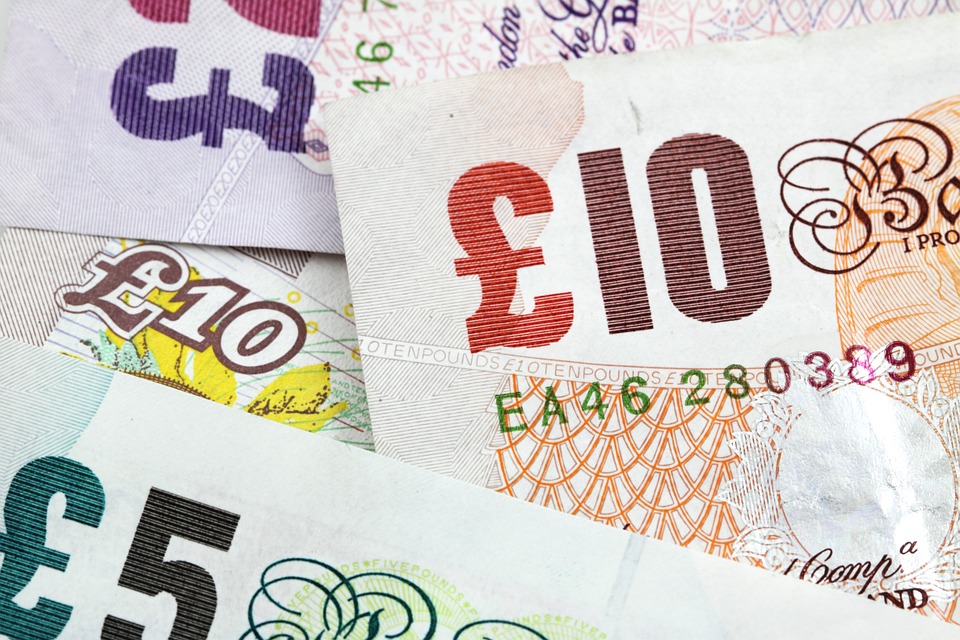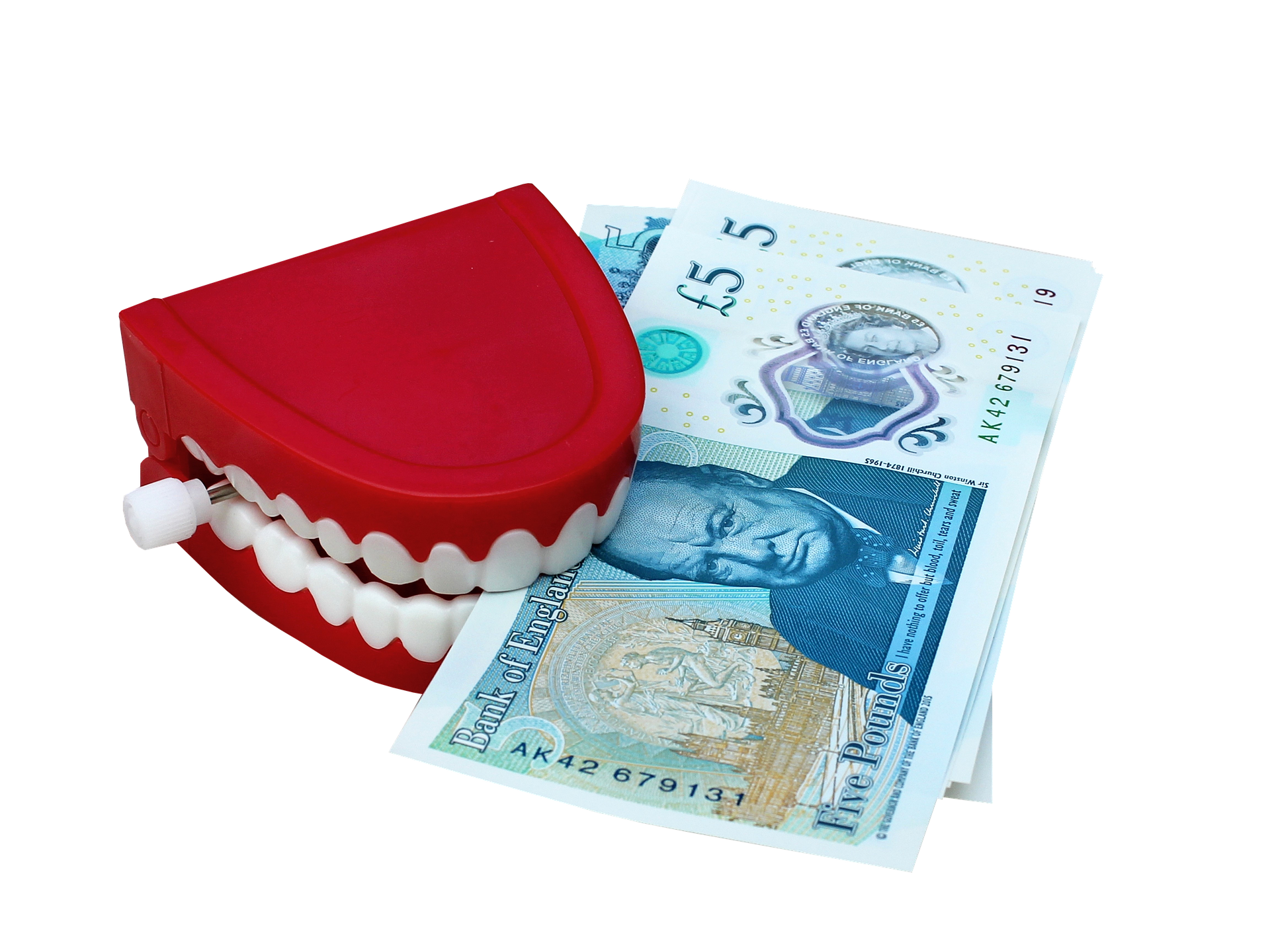UK economy struggled to grow in August, setting back its recovery from the coronavirus lockdown, and finance minister Rishi Sunak was due to announce more help to slow a rise in jobs losses as a second wave of COVID-19 infections hits.
Gross domestic product rose by 2.1% from July, official data showed, not even half the median forecast in a Reuters poll of economists and the slowest increase since the economy began to recover in May from a record slump.
Much of what growth there was in August was down to a one-off government restaurant subsidy programme.
Finance minister Rishi Sunak was due to announce later on Friday a plan to support jobs in businesses that may be ordered to close to slow a resurgence of COVID-19 infections. Economists said the data also raised the chance of more stimulus from the Bank of England.
“The sharp slowdown in growth indicates that the recovery may be running out of steam, with output still well below pre-crisis levels,” Suren Thiru, head of economics at the British Chambers of Commerce said.
To find out more about how we can assist you with your Second Charge Mortgage please click here
“The increase in activity in August largely reflects a temporary boost from the economy reopening and government stimulus, including the Eat Out to Help Out Scheme, rather than proof of a sustained ‘V’-shaped recovery.”
More than half of the economy’s growth in August came from accommodation and food, where output surged by 71.4% thanks to the government’s one-month meals subsidies, more people taking holidays in Britain and the easing of lockdown restrictions.
JOBS PLAN
Kate Nicholls, head of the UK Hospitality trade body, said new COVID-19 restrictions introduced in September had weighed on the hospitality sector again.
“Today’s figures show our economy has grown for 4 consecutive months, but I know that many people are worried about the coming winter months,” Sunak said.
“Throughout this crisis, my single-focus has been jobs – protecting as many jobs as possible, and providing support for people to find other opportunities where this isn’t possible. This goal remains unchanged.”
Sunak’s new jobs plan would subsidise two thirds of the wages of workers in pubs, restaurants and other businesses forced to close to slow the spread of the coronavirus, the Times reported.
His wage subsidy plan for workers across the economy expires at the end of this month and will be replaced by less generous support for employers, raising fears of a jump in job losses.
Friday’s data showed the economy – which shrank by more than any other Group of Seven nation in the April-June period – remained 9.2% smaller than its pre-the pandemic level.
The huge services sector grew by 2.4% from July, half the pace expected by economists. Growth in the smaller manufacturing and construction sectors also fell short of forecasts.
Bank of England Governor Andrew Bailey said on Thursday that risks to the economy were “very much on the downside” and the central bank was ready to use its policy firepower.
Dean Turner, an economist at UBS Global Wealth Management, said recent surveys had pointed to the economy slowing in September which could be made worse by local COVID-19 restrictions on activity.
“Sluggish progress is likely to encourage the Bank of England to increase its bond buying program at its November meeting,” he said.
Britain is also facing the risk that it fails to secure a trade deal with the European Union with negotiations still ongoing ahead of the Dec. 31 expiry of the country’s post-Brexit transition period.
Reporting by William Schomberg and Andy Bruce
Source: UK Reuters



